Key Takeaways
- Eliminating mosquitoes could drastically improve human health globally by reducing deadly diseases.
- While beneficial, mosquito extinction could temporarily disrupt ecosystems, though most would eventually adapt.
- Complete mosquito eradication is currently unrealistic, but local mosquito control is effective and recommended.
- Homeowners can manage mosquito problems through simple preventative measures and professional services.
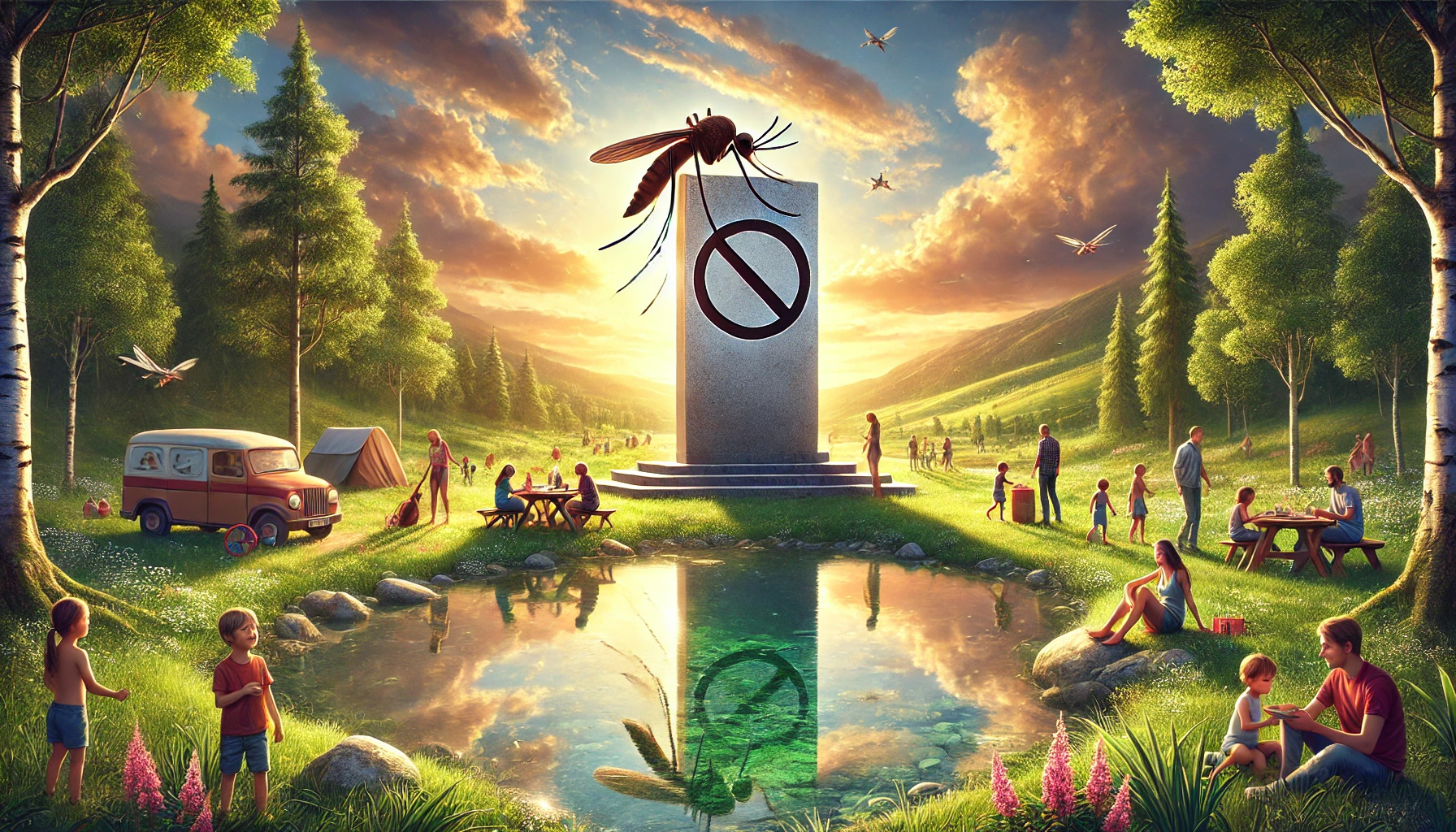 Imagine a summer evening without buzzing mosquitoes and itchy bites—sounds terrific, doesn’t it? A mosquito-free world might seem ideal for many US homeowners tired of mosquito invasions every year. But what would indeed happen if mosquitoes suddenly disappeared from our planet? Let’s dive deeper and explore the surprising impacts of mosquito extinction.
Imagine a summer evening without buzzing mosquitoes and itchy bites—sounds terrific, doesn’t it? A mosquito-free world might seem ideal for many US homeowners tired of mosquito invasions every year. But what would indeed happen if mosquitoes suddenly disappeared from our planet? Let’s dive deeper and explore the surprising impacts of mosquito extinction.
Why Do Mosquitoes Even Exist?
- Mosquitoes might feel like nature’s most annoying pests, but they play essential roles in our environment:
-
Food Source: Mosquito larvae and adults are essential parts of many food chains, feeding fish, frogs, birds, bats, and insects like dragonflies and spiders.
-
Pollinators: Some plants, including orchids and wildflowers, rely on mosquitoes for pollination. While not primary pollinators, they still contribute to plant reproduction.
-
Water Cleanup Crew: Mosquito larvae help break down organic material in water, aiding in nutrient recycling and water quality by preventing algae overgrowth.
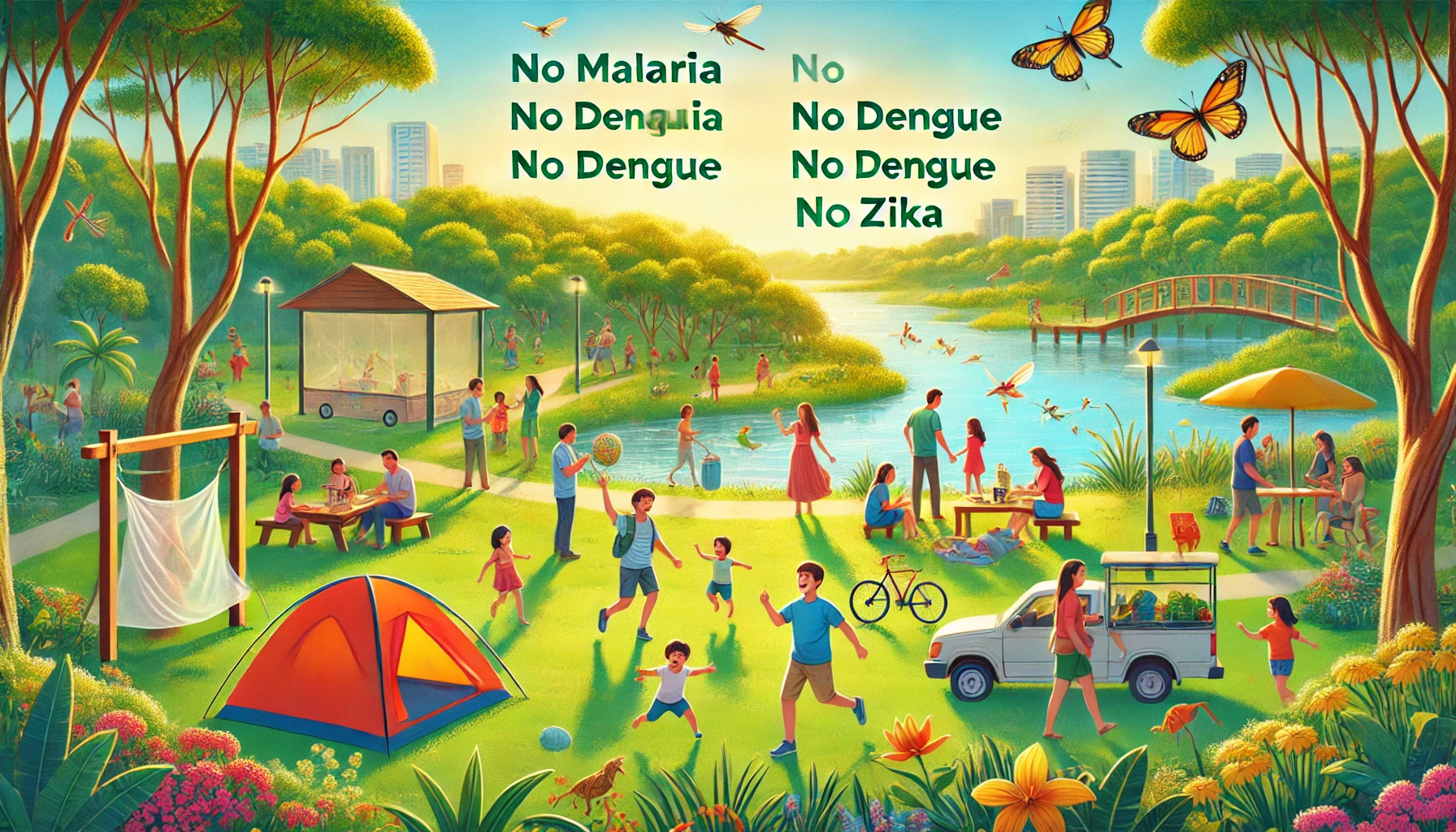

Not getting a solution?
Get your free pest control estimate today!Benefits of a Mosquito-Free World
Here are some listed below some of the benefits of mosquito free world:-Goodbye to Deadly Diseases
The most significant benefit of mosquito extinction would be eliminating mosquito-borne diseases. Malaria, dengue fever, Zika, West Nile, and chikungunya would nearly disappear. These diseases collectively affect hundreds of millions globally, with malaria alone killing over 700,000 people annually.In the United States, diseases like West Nile virus and Zika pose substantial public health concerns, particularly in warmer climates. Eradicating mosquitoes could save countless lives and significantly improve global health. Enjoy Your Backyard Again For Americans, mosquitoes mainly cause discomfort rather than severe illness. Nevertheless, less mosquitoes mean less itchy bites, less echoes, and more pleasant external activities. Imagine summer without constant bug spray or avoid evening events due to a herd of mosquitoes. Your backyard barbecue, pool day, horticulture session, and external entertainment will be more pleasant and comfortable. Economic Relief Eradication of mosquito can lead to a lot of economic savings. Community will spend much less on health care costs related to mosquito -borne diseases, mosquito control services, pesticides, nets and repellants. These resources in governments and homes equally can be redirected towards improving infrastructure, education and healthcare, which can benefit the entire communities.
Potential Risks: The Ecological Ripple Effect
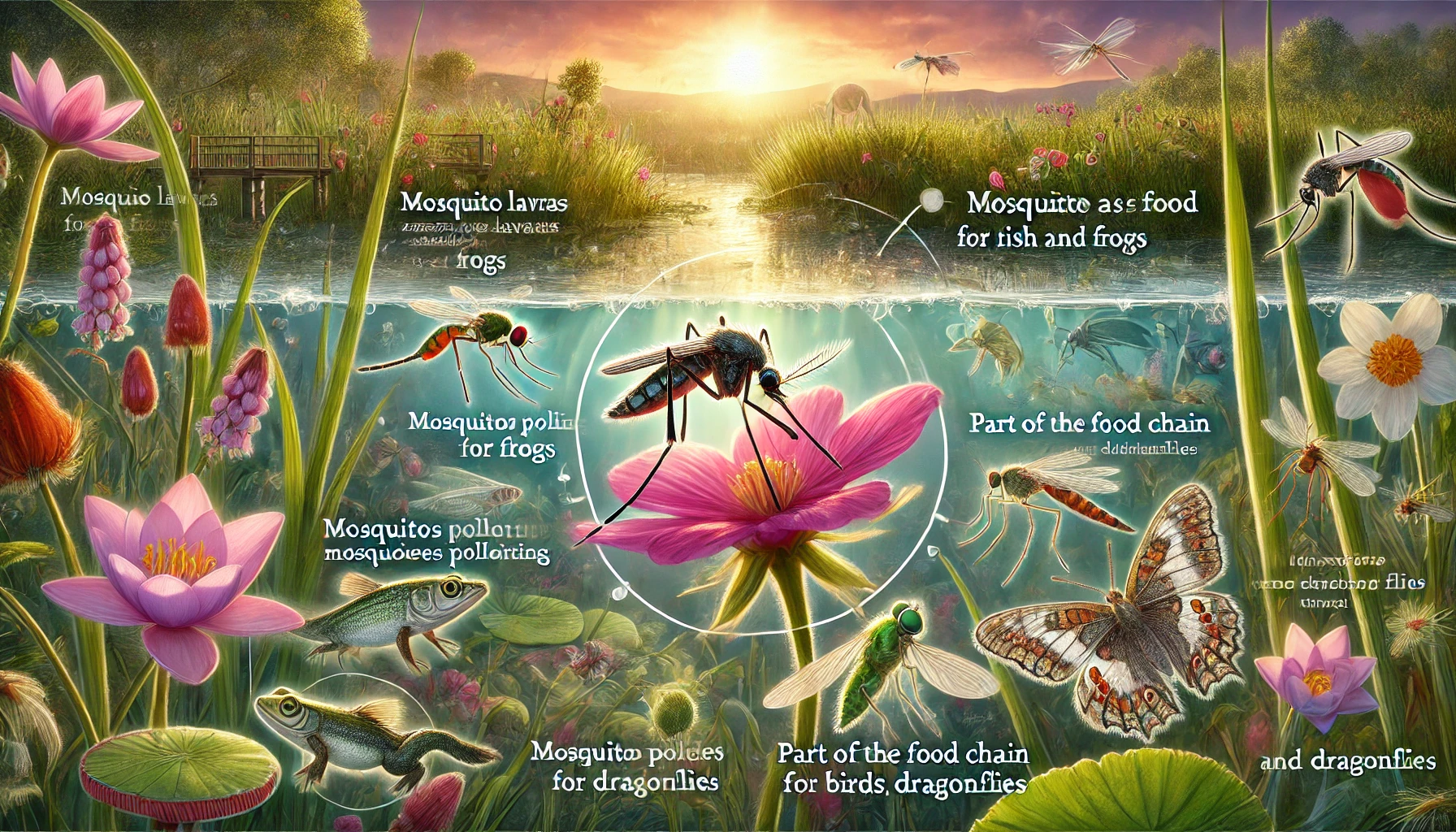 Impact on the Food Chain
Removing mosquitoes would significantly disrupt food webs. Animals that rely heavily on mosquitoes as food, like the specialized mosquitofish, might decline or even face extinction risks. Birds, bats, and frogs would also need to adjust their diets quickly, possibly experiencing short-term population decreases until they successfully adapt to new prey.
However, most predators aren’t entirely dependent on mosquitoes alone. Ecologists generally agree that while noticeable disruptions would occur, most ecosystems would likely recover with alternative insects stepping in as food sources. Nevertheless, these short-term ecological shifts could temporarily destabilize certain environments.
Pollination Challenges
Without mosquitoes, certain plants, particularly specialized orchid species and marshland flowers, might face pollination challenges. While mosquitoes don’t play as significant a role as other insects, their complete absence could reduce the reproductive success of specific plant species, potentially impacting biodiversity in localized ecosystems. Fortunately, pollinators like bees, butterflies, beetles, and other insects could quickly adapt to fill this gap, minimizing potential long-term damage.
Water Ecosystem Disruption
Mosquito larvae significantly contribute to aquatic ecosystems by filtering organic matter and preventing excessive algae growth. Their absence might temporarily increase algae blooms or reduce water quality in certain ponds and wetlands. Although other organisms would eventually adapt and replace mosquitoes’ ecological functions, there would likely be a noticeable interim period of imbalance and potential water quality issues.
Impact on the Food Chain
Removing mosquitoes would significantly disrupt food webs. Animals that rely heavily on mosquitoes as food, like the specialized mosquitofish, might decline or even face extinction risks. Birds, bats, and frogs would also need to adjust their diets quickly, possibly experiencing short-term population decreases until they successfully adapt to new prey.
However, most predators aren’t entirely dependent on mosquitoes alone. Ecologists generally agree that while noticeable disruptions would occur, most ecosystems would likely recover with alternative insects stepping in as food sources. Nevertheless, these short-term ecological shifts could temporarily destabilize certain environments.
Pollination Challenges
Without mosquitoes, certain plants, particularly specialized orchid species and marshland flowers, might face pollination challenges. While mosquitoes don’t play as significant a role as other insects, their complete absence could reduce the reproductive success of specific plant species, potentially impacting biodiversity in localized ecosystems. Fortunately, pollinators like bees, butterflies, beetles, and other insects could quickly adapt to fill this gap, minimizing potential long-term damage.
Water Ecosystem Disruption
Mosquito larvae significantly contribute to aquatic ecosystems by filtering organic matter and preventing excessive algae growth. Their absence might temporarily increase algae blooms or reduce water quality in certain ponds and wetlands. Although other organisms would eventually adapt and replace mosquitoes’ ecological functions, there would likely be a noticeable interim period of imbalance and potential water quality issues.
Could Other Pests Replace Mosquitoes?
Nature rarely leaves gaps unfilled. If mosquitoes vanished, other insects, such as biting gnats, midges, or black flies, could thrive and increase. These replacements, while not carrying severe diseases like mosquitoes, could still become bothersome backyard pests. The ecological niche mosquitoes currently occupy would inevitably be taken by another insect species, potentially creating new pest-related challenges.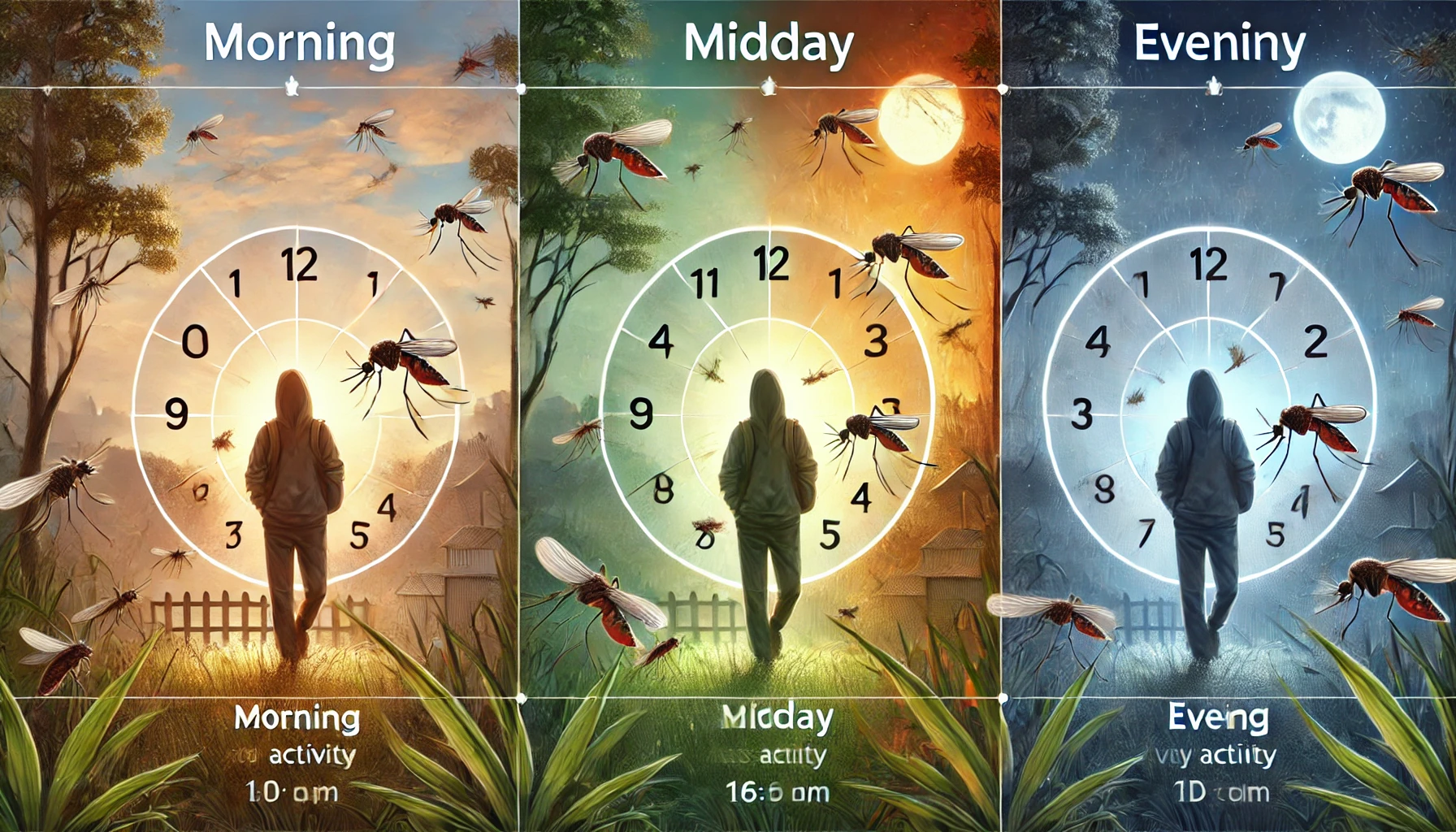
Is Mosquito Extinction Realistically Possible?
- Humans have never successfully eradicated an entire insect species globally, but targeted efforts are underway:
-
Gene Drive Technology: Genetic modifications aim to disrupt mosquito reproduction, offering high potential but raising ethical and ecological concerns.
-
Wolbachia Bacteria: Infected mosquitoes can’t transmit diseases like dengue, making populations less dangerous without eradicating them.
-
Sterile Insect Technique: Sterilized male mosquitoes reduce reproduction in targeted areas, but global implementation is complex.
What Does This Mean for Your Backyard?
- While global mosquito extinction remains unlikely in the near future, controlling mosquito populations locally is highly achievable—and strongly recommended. Here’s how you can enjoy a near mosquito-free yard:
-
Eliminate Standing Water: Remove stagnant water from birdbaths, gutters, pots, and tires to disrupt mosquito breeding grounds.
-
Install Protective Screens: Use mesh screens on doors and windows to keep mosquitoes out of indoor and patio spaces.
-
Encourage Natural Predators: Attract dragonflies, birds, or bats by adding birdhouses, bat boxes, or native plants.
-
Use Approved Repellents: Apply EPA-approved repellents with DEET or picaridin for effective protection.
-
Professional Mosquito Control: Hire pest control services for safe, long-term mosquito reduction in problem areas.
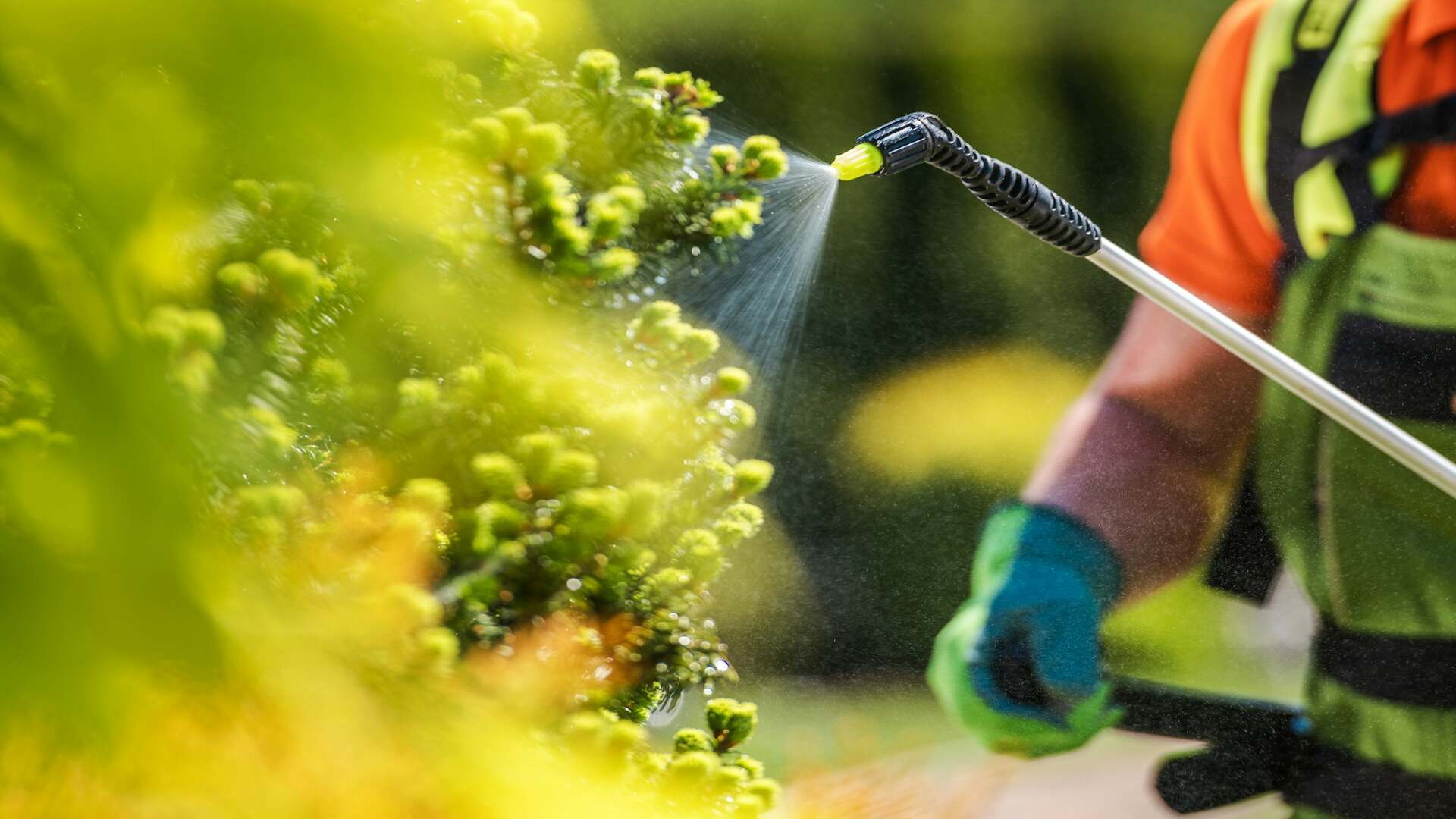 Implementing these practical measures can drastically improve your outdoor experience and reduce the nuisance mosquitoes cause, making your summer evenings peaceful and enjoyable once again.
Implementing these practical measures can drastically improve your outdoor experience and reduce the nuisance mosquitoes cause, making your summer evenings peaceful and enjoyable once again.
If you feel things have gone out of control, it is advised to contact pest control professionals. Our team can provide a customized approach to protect your home effectively.
Visit our Species, Control, and DIY Guide sections for additional resources on mosquitoes and ways to tackle a mosquitoes infestation.





